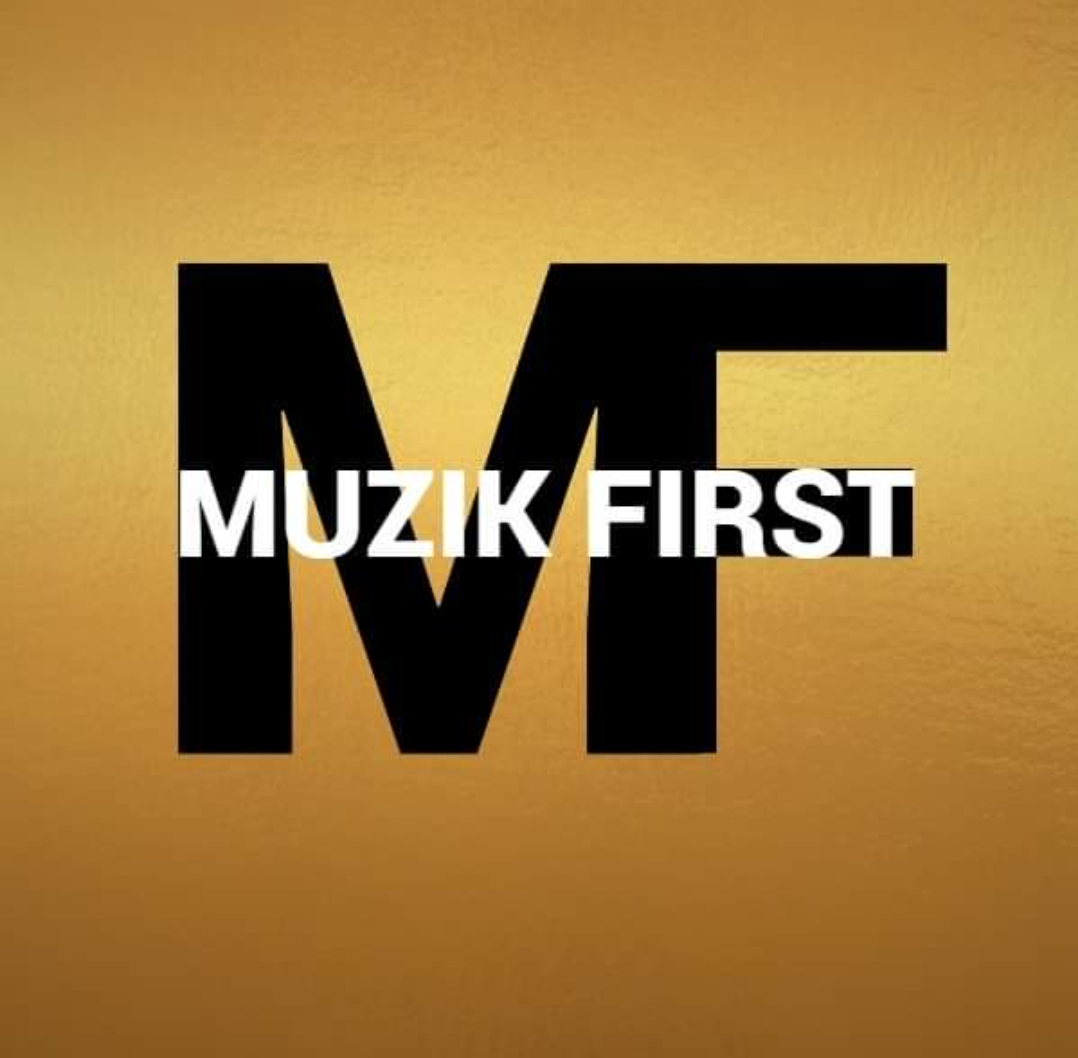ARTIST OF THE MONTH: ELTON JOHN
- Muzik First

- Apr 20, 2022
- 3 min read

We run down the colossal and breathtaking works by the genuinely excellent artist Elton John as he is our Artist Of The Month. Collaborating with lyricist Bernie Taupin since 1967, John is one of the most successful artists of all time, having sold over 300 million records in a six-decade career in music. We will run down four albums every post and go through his incredible catalogue. Enjoy!
VICTIM OF LOVE (1979)

I don't think any fan or critic will understand the dramatic shift in style that Elton underwent with 1979's Victim of Love; to this day, it remains a strange oddity in the discography of any significant artist. One would argue that with the fleeting scene of the disco era at the turn of the 80s, Elton felt that he had to fully embrace the genre while it was still famous for it to be a successful musical experiment; the glittery cover of "Johnny B. Goode" emphasizes this. Long story short, it was not. All the tracks were written by inexperienced songwriters, including A Single Man lyricist Gary Osborne who still needed time to bloom himself. This was a disappointing and disturbing listen, considering that Elton was on top of his game only a few years ago; however, it is not as terrible as everyone claims it to be; "Warm Love in a Cold World," "Born Bad," and "Thunder in the Night" is delightfully cheesy.
21 at 33 (1980)

Elton entered the 80s, ten years after his break-out success, by releasing the twenty-first album during the thirty-third year of his life, hence the album's title. 21 at 33 was marked by the gradual return of partner Bernie after a four-year sabbatical; nevertheless, Elton was still committed to his partnership with lyricist Gary Osborne which had been developing nicely since 1978's A Single Man. Elton had much to make up for with critics and fans. His previous experimental effort, Victim of Love, had alienated both parties and thrown an outdated label upon his image now that the 70s were over. 21 at 33 nevertheless utilizes the same nauseating disco vibe that had sunk the dismissible Victim of Love; however, this time, it is far more tastefully done, yielding some excellent tunes; "Chasing the Crown," "Two Rooms at the End of the World," and "White Lady White Powder." Elton and Gary released what was perhaps the best and most successful album of their collaboration; the hit single "Little Jeannie," as well as the other standout "Dear God" and "Take Me Back." A great album.
The Fox (1981)

1981's The Fox parallels predecessor 21 at 33 in terms of being a tentative regrouping and exploration of different paths for Elton, but with The Fox, Elton crafts more ambitious extended music with a stripped-down sound, reminiscent of 1969's Empty Sky. Gary Osborne and Elton John's collaborations were beginning to yield some impressive results, including "Heart in the Right Place" and the tender "Chloe" conclusion to the "Carla/Etude/Fanfare" medley became one of two tracks extracted as singles. The other, "Nobody Wins," sports a Euro-beat flavour and was adapted from a French techno-pop hit by Osborne and Jean-Paul Dreau. According to John, the dark and noir "Elton's Song" remains a favourite, and he very occasionally revives it for live performances. The Fox is overshadowed by the later hit-filled album Too Low For Zero, but it is one of Elton's underrated masterpieces.
Jump Up! (1982)

1982's Jump Up! was Elton's first album to have been recorded of entirely new material, seeing that 21 at 33 and The Fox made heavy use of leftover material from the sessions for 1978's A Single Man. While Elton and Bernie had been writing together again on a much more continuous yet infrequent scale, Elton still included more material he had written with second lyricist Gary Osborne. Critics only remember the album, including Elton and Bernie's beautiful tribute to slain friend John Lennon "Empty Garden (Hey Johnny); the rest, even Bernie, called disposable 80's pop excess. However, the delightful thing about Jump Up! is that its material ranges from the absurd and the insane, with tracks like "Ball and Chain" and "I Am Your Robot" to the insipid, classic-Elton, breakup opener "Dear John," to the sublime beauty of such forgotten masterpieces like "Blue Eyes," and one of Elton's best ballads "Princess." Jump Up! despite its childish title, is, in fact, one of Elton's best 80's albums.



Comments